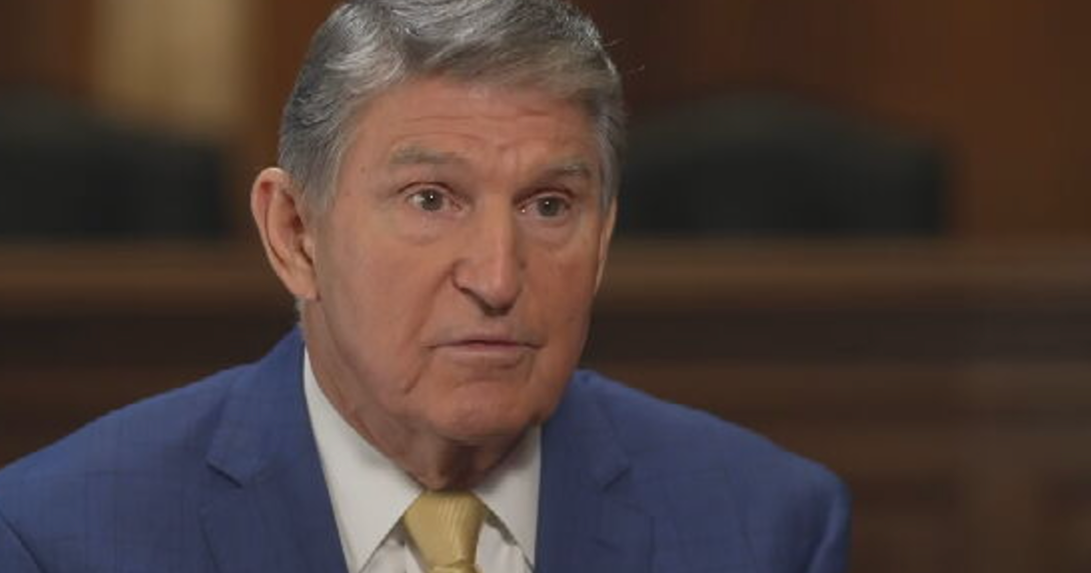U.S. to send approximately 750 troops to Middle East after embassy attack in Baghdad
The United States will send approximately 750 troops to the Middle East "in response to recent events in Iraq," Defense Secretary Mark Esper announced Tuesday. The announcement comes less than a day after an estimated 6,000 protesters stormed the U.S. Embassy in Baghdad, smashing a door and setting fire to a reception area.
Esper said he has authorized the immediate deployment of an infantry battalion of about 750 soldiers from the Army's 82nd Airborne Division at Fort Bragg, North Carolina, to the Middle East at President Trump's direction. He did not specify their destination.
Esper said additional soldiers from the 82nd Airborne's quick-deployment brigade, known officially as its Immediate Response Force, are prepared to deploy over the next several days. "This deployment is an appropriate and precautionary action taken in response to increased threat levels against U.S. personnel and facilities, such as we witnessed in Baghdad today," Esper said in a written statement.
During the attack, dozens of militiamen and their supporters smashed a main door to the compound and set fire to a reception area, but they did not enter the main buildings. By early evening Tuesday, the mob had retreated from the compound but set up several tents outside for an intended sit-in.
Dozens of yellow flags belonging to Iran-backed Shiite militias fluttered atop the reception area and were plastered along the embassy's concrete wall along with anti-U.S. graffiti. American Apache helicopters flew overhead and dropped flares over the area in what the U.S. military called a "show of force."
The soldiers deploying immediately are in addition to 14,000 U.S. troops who have deployed to the Gulf region since May in response to concerns about Iranian aggression, including its alleged sabotage of commercial shipping in the Persian Gulf.
Tuesday's breach of the embassy compound in Baghdad, which caused no known U.S. casualties or evacuations, revealed growing strains between Washington and Baghdad, raising questions about the future of the U.S. military mission there. The U.S. has about 5,200 troops in Iraq, mainly to train Iraqi forces and help them combat Islamic State extremists.
The breach followed American airstrikes Sunday that killed 25 fighters of an Iran-backed militia in Iraq, the Kataeb Hezbollah. The U.S. said those strikes were in retaliation for last week's killing of an American contractor and the wounding of American and Iraqi troops in a rocket attack on an Iraqi military base that the U.S. blamed on the militia. The American strikes angered the Iraqi government, which called them an unjustified violation of its sovereignty.
Mr. Trump blamed Iran for the embassy breach, and called on Iraq to protect the diplomatic mission even as the U.S. reinforced the compound with Marines from Kuwait.
"Iran killed an American contractor, wounding many," he tweeted from his estate in Florida. "We strongly responded, and always will. Now Iran is orchestrating an attack on the U.S. Embassy in Iraq. They will be held fully responsible. In addition, we expect Iraq to use its forces to protect the Embassy, and so notified!"
"They will pay a very BIG PRICE! This is not a Warning, it is a Threat. Happy New Year!" Mr. Trump added. He also thanked top Iraqi government leaders for their "rapid response upon request."
In an interview with CBS News on Tuesday, Secretary of State Mike Pompeo also condemned Iran for the attack. "This is state-sponsored terror, this is Iranian-backed terrorism that took place," Pompeo said.
Even as Trump has argued for removing U.S. troops from Mideast conflicts, he also has singled out Iran as a malign influence in the region. After withdrawing the U.S. in 2018 from an international agreement that exchanged an easing of sanctions for curbs on Iran's nuclear program, Trump ratcheted up sanctions. Critics say that pressure has pushed Iranian leaders into countering with a variety of military attacks in the Gulf.
Until Sunday's U.S. airstrikes, Trump had been measured in his response to Iranian provocations. In June, he abruptly called off U.S. military strikes on Iranian targets in retaliation for the downing of an American drone.
The tense situation in Baghdad appeared to upset Mr. Trump's vacation routine in Florida, where he is spending the holidays. The president spoke with Iraqi Prime Minister Adel Abdul-Mahdi and emphasized the need for Iraq to protect Americans and their facilities in the country, said White House spokesman Hogan Gidley.





